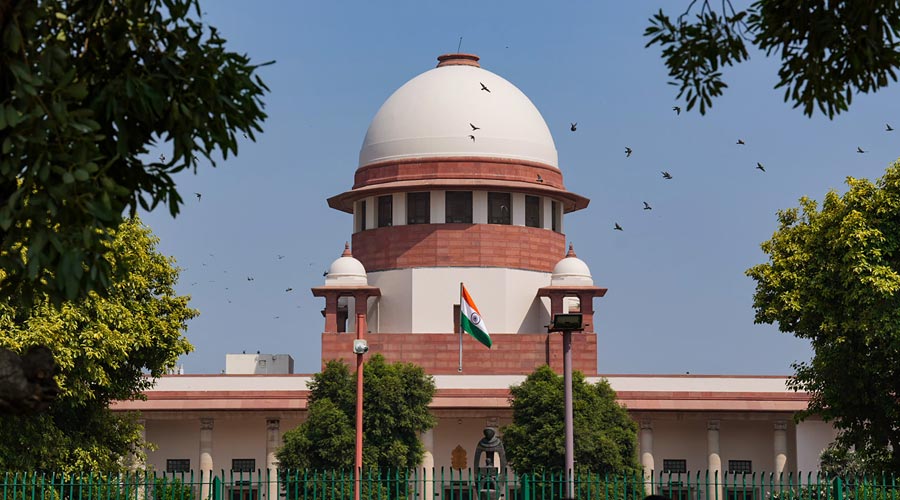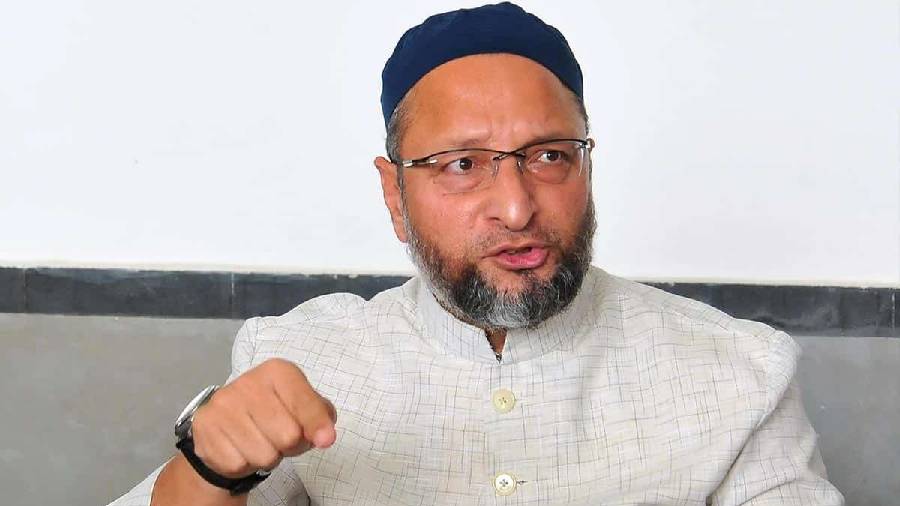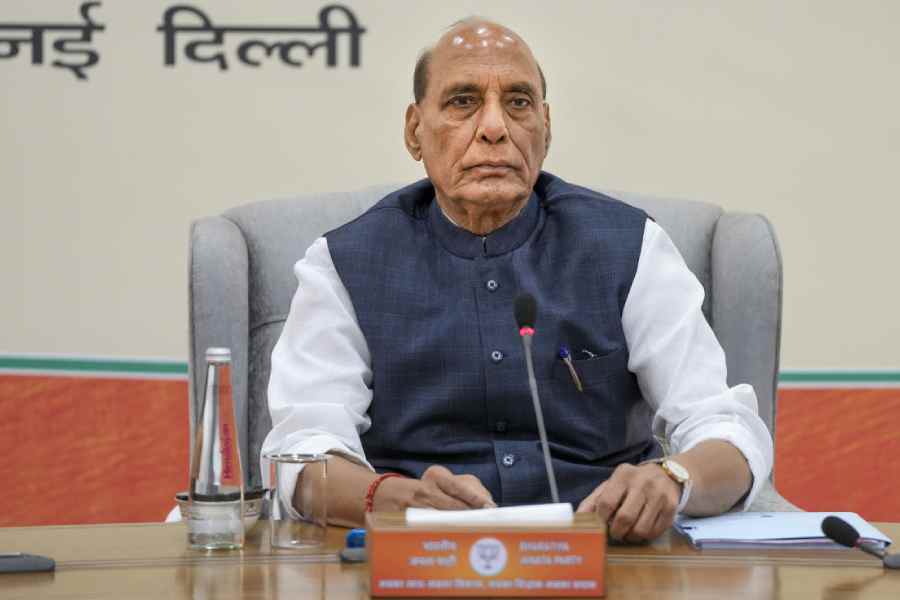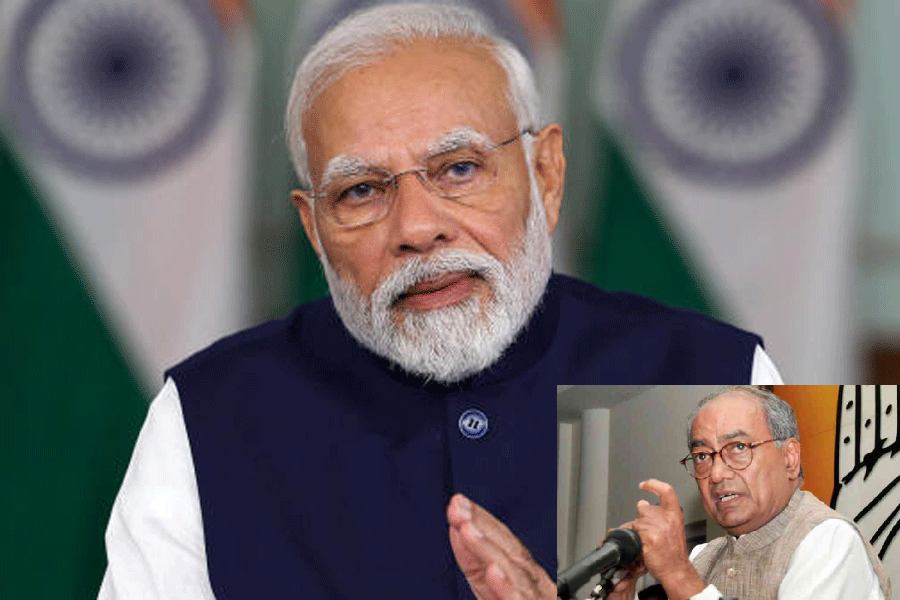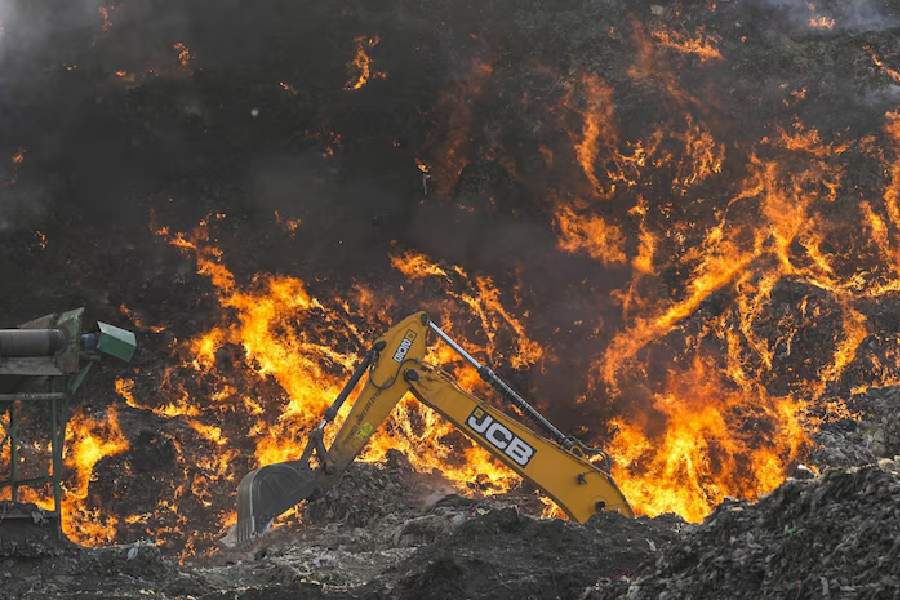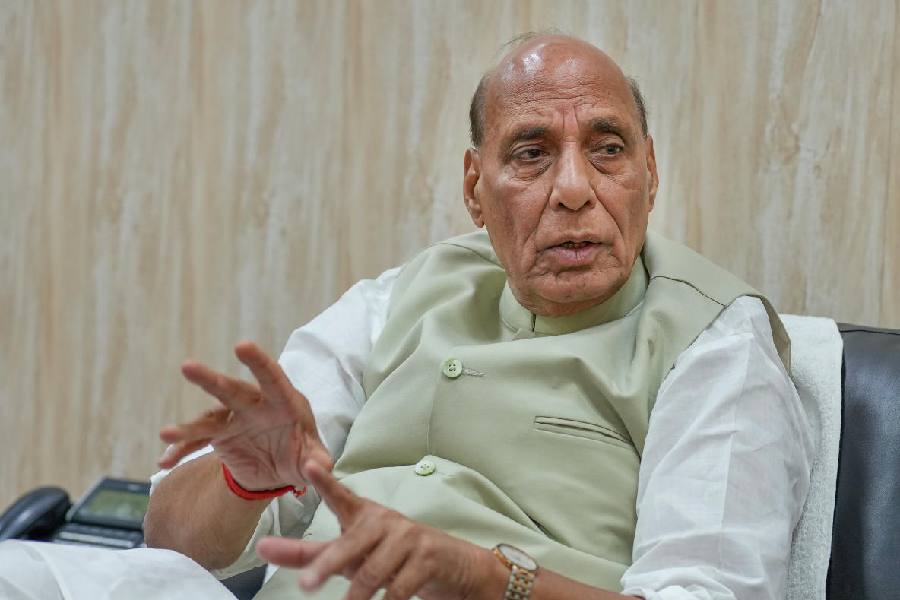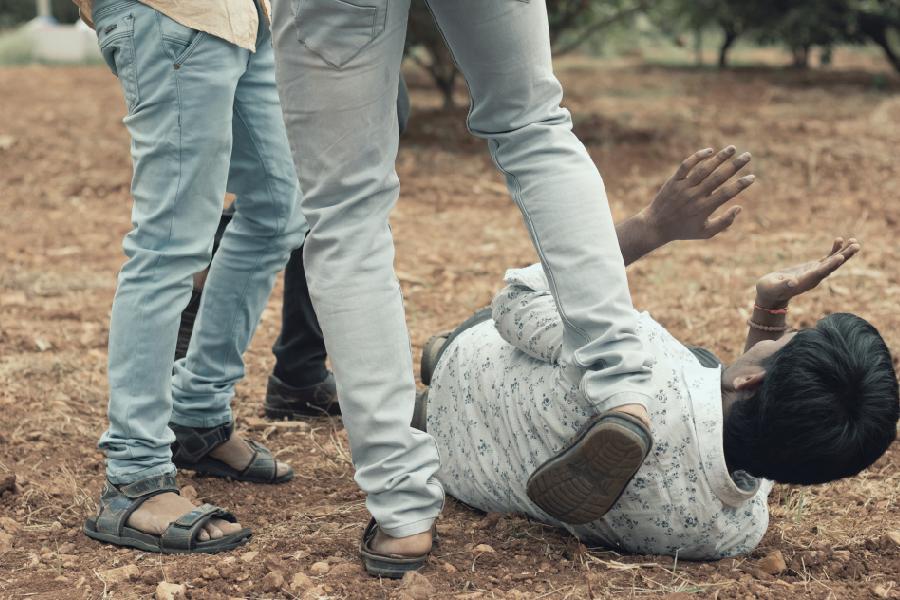The Supreme Court on Thursday stayed an Uttarakhand High Court order that directed the eviction of over 4,000 families from land claimed by the railways in Haldwani town, asking the Centre and the hill state’s government to take a “humane approach”.
“There cannot be uprooting of 50,000 people in seven days,” the bench of Justice Sanjay Kishan Kaul and Justice A.S. Oka observed. But the bench forbade any further constructions on the disputed site.
Justice Kaul highlighted that many of the families had claimed to possess valid lease agreements issued by the state government or to have bought their plots in a government auction.
He said that even in instances where the occupant may have no legal rights to the land, there should be rehabilitation in case of eviction, calling it a “human issue”.
The high court had last month directed the removal of encroachments from the 29 acres of purported railway land in Banbhoolpura, Haldwani, after the families living there approached it challenging eviction orders passed by state authorities. Aggrieved, the families filed an appeal before the apex court.
Senior lawyers Sidharth Luthra, Colin Gonzalves and Salman Khurshid and advocate Prashant Bhushan, representing the families, said many of the petitioners had valid lease deeds and had occupied the land for over 50 years.
They argued the deeds proved that the land did not belong to the railways, and that the eviction proceedings were therefore illegal.
Gonzalves complained that tens of thousands could not be evicted without proper rehabilitation.
Bhushan said that all the state government’s orders in the matter during the past two pandemic-affected years had been passed ex parte, without hearing the families.
Justice Kaul said: “They (families) claim leases and some say they migrated (to the plot) post-1947 and these properties were auctioned…. Development has to be allowed, but people stayed for so long then rehabilitation has to be allowed. How can you ask to clear in seven days?”
Additional solicitor-general Aishwarya Bhati, appearing for the Centre, said the land belonged to the railways and the occupants had no legal rights. She denied that orders had been passed ex parte and said due process of law had been followed towards evicting the occupants.
Justice Kaul remarked: “What is troubling us is how do you deal with a situation where people bought in auction and took possession after 1947 and acquired title. You may acquire the land but what to do now? People lived for 60-70 years, some rehabilitation has to be done.”
Bhati said the occupants had not sought any rehabilitation.
Advocate Vipin Nair, who had also represented one of the petitioners in the high court, said some of the occupants had indeed sought rehabilitation after the railways began efforts to acquire the land.
Justice Kaul observed: “There must be a culmination to the issue and we do not encourage what is going on…. Even in those cases where there are no rights at all, even then rehabilitation has to be done.”
He added: “But in some cases where they acquired title, you have to find a solution. there is a human angle to this issue.”
He went on: “You cannot cut short the process. This is a human issue. Some have claimed their land and you (railways) have to develop the land. Someone has to examine these issues and find a solution.”
The next hearing is on February 7.

